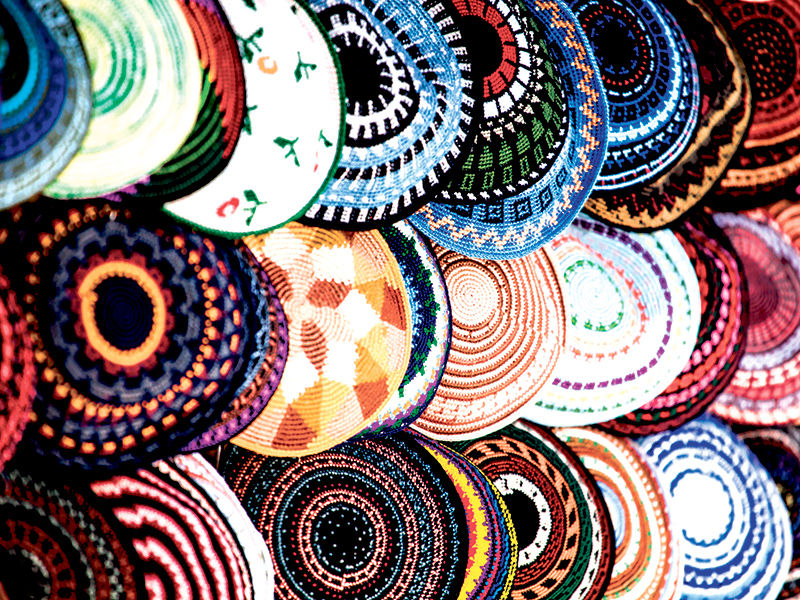In Canada, a man wearing a kippah or turban, or a women wearing a hijab, is able to assume public office. It is entirely possible for such individuals to become mayor of a city, or even prime minister. However, under Quebec’s proposed Bill 21, neither Lionel Perez, the kippah-wearing municipal opposition leader in Montreal, nor NDP Leader Jagmeet Singh would be allowed to teach at a Quebec public school. After all, Bill 21 proposes banning persons in positions of authority, including teachers, from wearing religious symbols.
Many Canadians have fought to obtain conditions that prevent persons wearing religious symbols from being the object of discrimination. By contrast, Bill 21 quite clearly legitimizes such discrimination by infringing on the Charter protection of freedom of religion. Indeed, the government of Quebec has tacitly acknowledged this infringement, inserting the notwithstanding clause into the legislation, in order to prevent any possible legal challenge to the law.
And yet, CJN columnist Barbara Kay wants Quebec Jews to set aside concerns about the violation of our rights and support the bill as a demonstration of solidarity with the province’s ethnically French population (“Why Jews should support Bill 21,” April 25). As Jews, she suggests we should be particularly sympathetic to the Québécois, which she argues constitute, like Jews, “a real ethnicity.”
This is a gross oversimplification of reality. For one thing, neither Jews nor French Quebecers are ethnically homogeneous. For their part, Quebec Jews incorporate several ethnicities and a fair degree of language diversity, including many whose first language is French. Quebec’s French population is also ethnically diverse – that is notably the case on the Island of Montreal.
Kay contends that it is neither racist nor irrational to ask that public servants reflect the guiding vision of the society they serve. In this case, she adds that the vision is inspired by secularism and integration into what she calls a “common culture.” It’s true that bill 21 is not racist, but there is considerable evidence that prejudice directed at religious minorities is a key motivator among most supporters of the Bill, and not only in Quebec. In fact, a November 2018 survey by Leger marketing revealed that the more Canadians dislike Muslims and Jews, the more they are favourable to bans on religious signs.
While Kay suggests Bill 21 is guided by a rational desire for integration, she also stresses that it is the outcome of “cultural-erosion fears.” Yet she offers no rational basis for these fears, beyond pointing to concerns overseas about the “silo effect of mass immigration from Islam-dominated countries, and Europeans’ sense of living under cultural siege.”
READ: KAY: WHY JEWS SHOULD SUPPORT BILL 21
It’s hard to comprehend how Bill 21 will allay the cultural fears of the “ethnic Quebecois.” As Kay herself acknowledges, the bill would not remove anyone from their jobs (it will only affect new hires). Surely Quebecers can’t feel threatened by the number of police, judges and prison officials wearing religious symbols, for the simple reason that there aren’t any. As for public school teachers, specifically, to date not a single “ethnic Quebecois” has ever described or documented a situation where a hijab- or kippah-wearing teacher has posed a cultural threat.
By endorsing such a ban, Quebec Jews would be giving credibility to the idea that persons wearing religious signs constitute such a threat. To do so would very likely justify wider bans in the future for persons wearing religious symbols.
Jewish leaders have traditionally been at the forefront when it comes to defending the freedom of religion provisions of the Quebec and Canadian charters. To support Bill 21 is to consent to compromising such hard-fought freedoms. On that basis alone, Jews should not support Bill 21.
